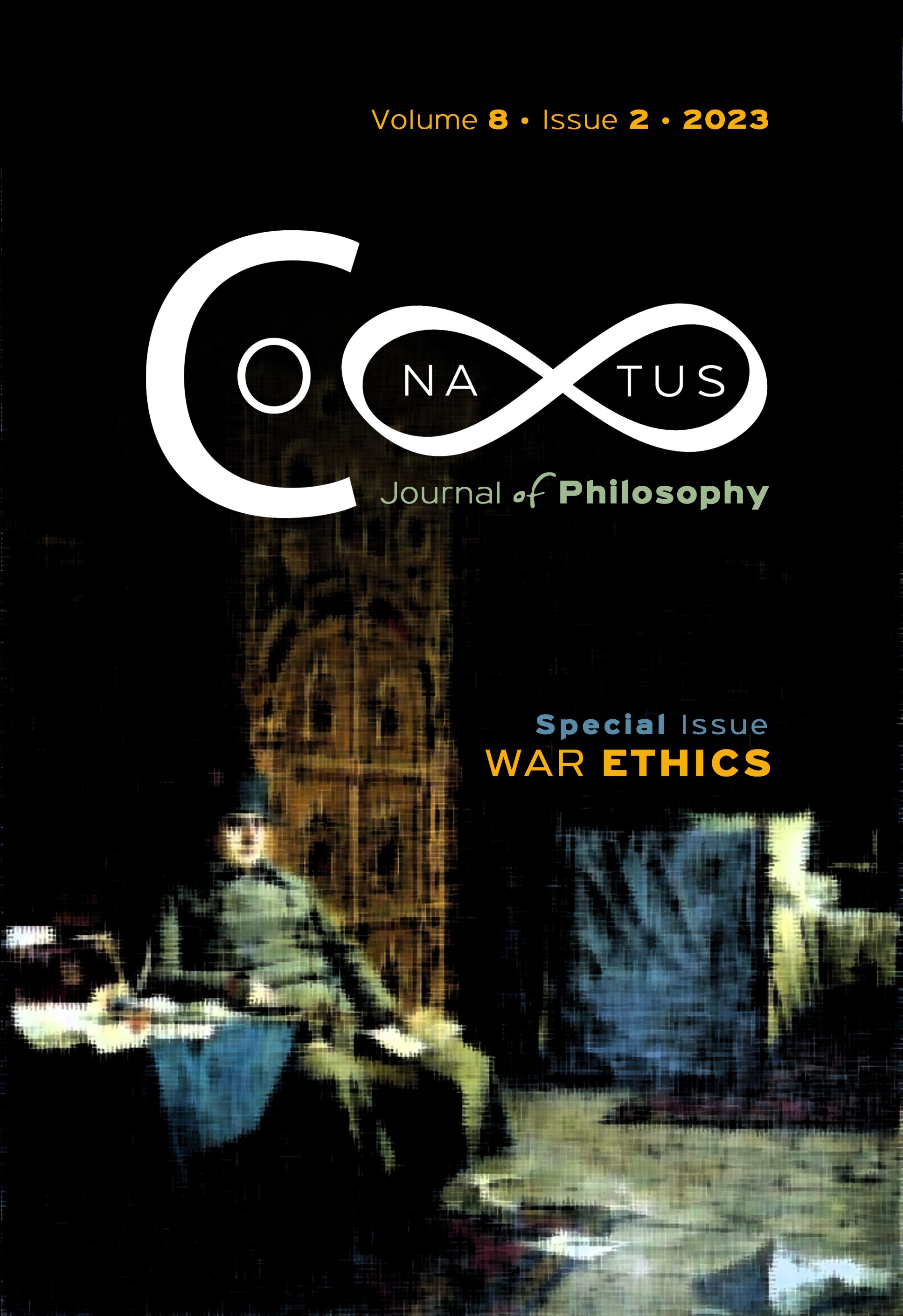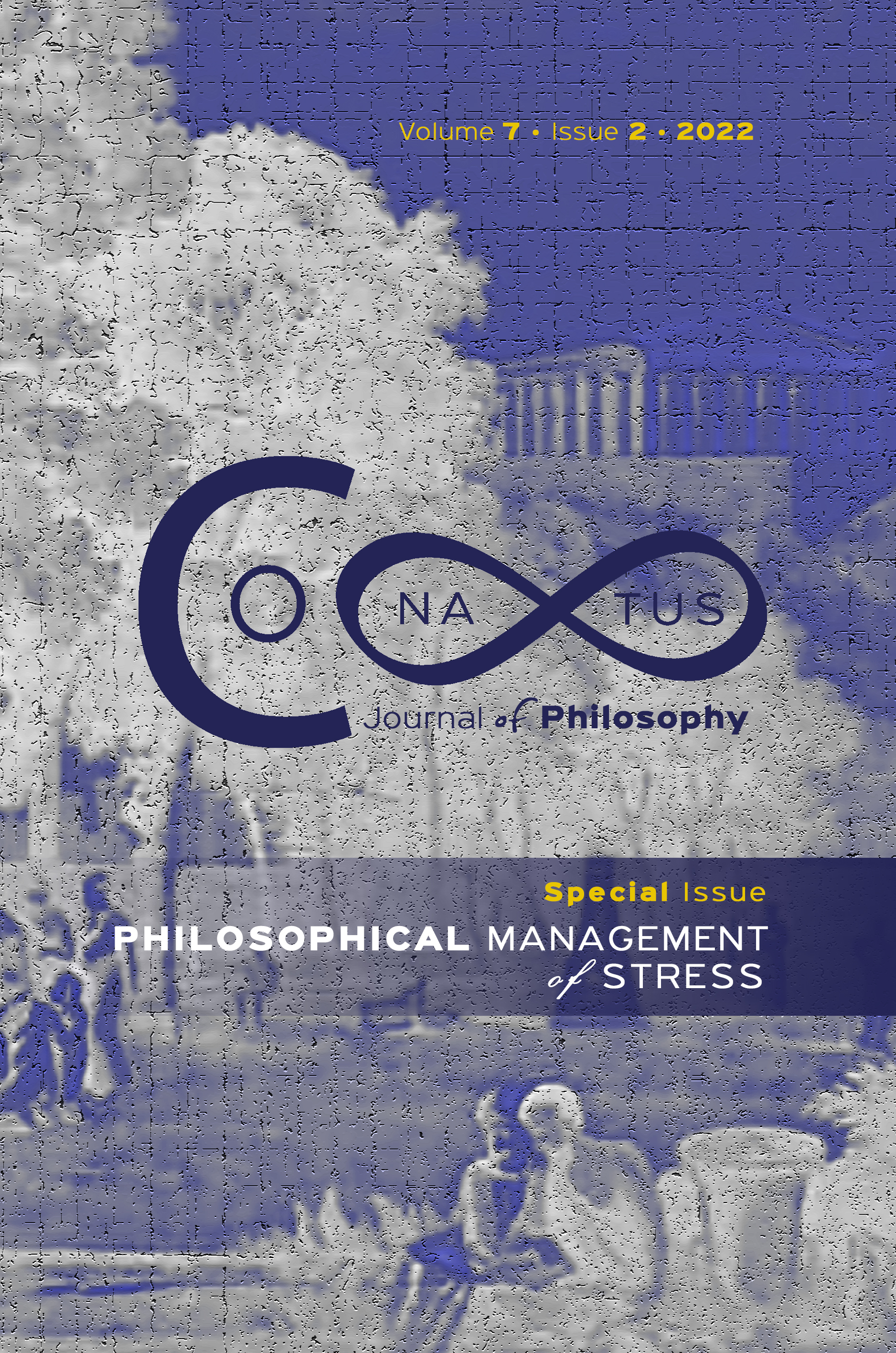Militarization of Everyday Life: Girls in Armed Conflicts

Abstract
The purpose of the paper is to highlight the issue of the changed nature of warfare in the last few decades of the 20th and 21st centuries, with a special emphasis on ethical aspects and the problem of using an increasing number of child soldiers. The main thesis of the paper is that the practice of using and recruiting children in armed conflicts around the world is the least recognized and most neglected form of child abuse in modern society, and that it is less a matter of culture and the lack of society’s attitude towards the values of the child, and more a matter of pragmatism and generally socioeconomic phenomenon. Several key events on the world scene played a crucial role in recognizing the problem of the existence and recruitment of children in armed conflicts around the world. But what is significant is that even in these cases it is nowhere clear and visible where the girls are in armed conflicts, what is happening to them and what are their rights? By revealing the militarization of girls’ everyday lives in armed conflicts and their role, girls must first and foremost become visible. The expected contribution of the paper will therefore move in the direction of highlighting and recognizing the ethical aspects of conflict-related sexual violence, of grave violations against children and ethical aspects of most severe forms of child abuse and the consequences of abuse, such as poor health outcomes and the destruction of their lives, and highlight the possible solutions to the mentioned problem within theoretical but also practical framework.
Article Details
- How to Cite
-
Rupčić Kelam, D. (2023). Militarization of Everyday Life: Girls in Armed Conflicts. Conatus - Journal of Philosophy, 8(2), 487–519. https://doi.org/10.12681/cjp.35119
- Section
- Articles
- Categories

This work is licensed under a Creative Commons Attribution-NonCommercial 4.0 International License.
Authors who publish with this journal agree to the following terms:
Authors retain copyright and grant the journal right of first publication with the work simultaneously licensed under a Creative Commons Attribution Non-Commercial International License (CC BY-NC 4.0) that allows others to share the work with an acknowledgement of the work's authorship and initial publication in this journal.
Authors are able to enter into separate, additional contractual arrangements for the non-exclusive distribution of the journal's published version of the work (e.g. post it to an institutional repository or publish it in a book), with an acknowledgement of its initial publication in this journal.
Authors are permitted and encouraged to post their work online (preferably in institutional repositories or on their website) prior to and during the submission process, as it can lead to productive exchanges, as well as earlier and greater citation of published work.






